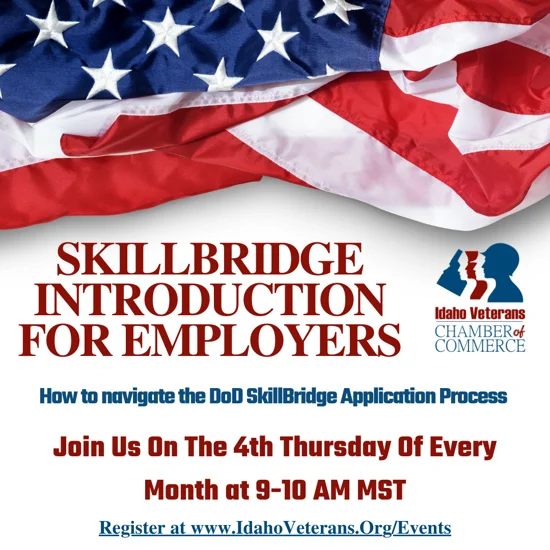Financial Literacy for Veterans: Managing Debt
Managing debt can be challenging, especially for veterans transitioning to civilian life. Understanding how to handle your finances is important to ensure a stable and secure future. This guide will help you manage debt effectively.
Understanding Debt
Debt comes in many forms. Common types include:
- Credit Card Debt: High-interest debt from using credit cards.
- Student Loans: Money borrowed for education.
- Home Loans (Mortgages): Loans to buy a home.
- Personal Loans: Loans for personal expenses.
Steps to Manage Debt
1. Assess Your Financial Situation
Start by listing all your debts, including the amount owed and interest rates. Understanding where you stand is the first step to managing debt.
2. Create a Budget
A budget helps you track your income and expenses. Allocate money for essential needs like housing, food, and utilities before paying off debt.
3. Prioritize Your Debts
Focus on paying off high-interest debts first, like credit card debt. This reduces the amount of interest you pay over time.
4. Explore Debt Repayment Strategies
- Debt Snowball: Pay off the smallest debts first to build momentum.
- Debt Avalanche: Pay off debts with the highest interest rates first to save money on interest.
5. Seek Professional Help
If managing debt feels overwhelming, consider reaching out to a financial counselor. They can help create a personalized plan to get you back on track.
Resources for Veterans
As a veteran, you have access to special resources:
- VA Financial Counseling: Free or low-cost counseling services provided by the Department of Veterans Affairs.
- Veteran Service Organizations: Groups like Disabled American Veterans offer financial advice and support.
Tips to Stay Debt-Free
- Live within your means.
- Build an emergency fund.
- Avoid taking on unnecessary debt.
- Regularly review and adjust your budget.
Conclusion
Managing debt is essential for financial stability. By understanding your debt, creating a budget, and using effective repayment strategies, you can achieve financial freedom. Remember, help is available through various resources designed to support veterans like you.

